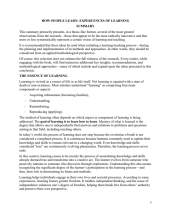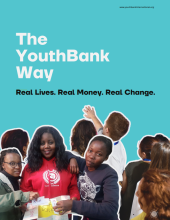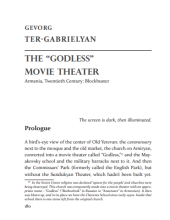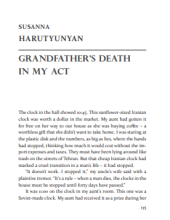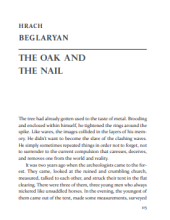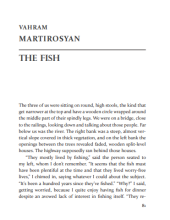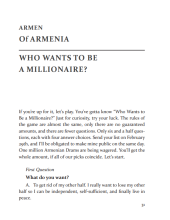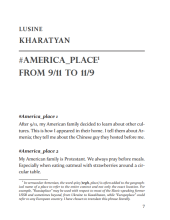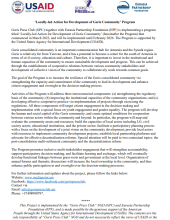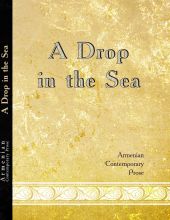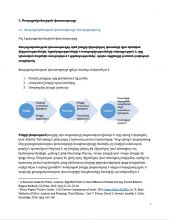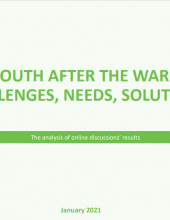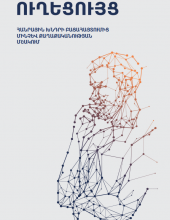How is it possible to govern the society so that ordinary citizens’ opinion, fears and wishes for the justice, prosperity and peace, are heard and taken into practice?
In a world where globalization and making profit are driving all political, social and economic changes, civil society is the only public space between state, businesses and citizens, in which people can promote not-for-profit values and principles. Civil society groups and organizations (CSOs, ‘nonprofit’s) are created by individuals and groups of people, who see the needs, who have genuine interest, energy and aspirations for creating a positive change – global or local, affecting a particular individual or the society as a whole.
EPF believes that CSOs are the quintessential institutional agents of change. CSOs are visionary, non-partisan, and freedom-oriented, they promote volunteerism, they are flexible, active, committed and innovative. They are one of the main foci of freedoms and committed service provision; they cooperate with state structures, but they also embody freedom and express criticism. CSOs design and affect policies. CSOs develop and set the standards for future societies.
Supporting civil society is the mission and in the core of all EPF’s strategies. EPF’s programs aim for resilient nonprofit sector, including CSOs: any organizations, whether formal or informal, that are not part of the apparatus of government, that do not distribute profits to their directors or operators, that are self-governing, and in which participation is a matter of free choice. Both member-serving and public-serving organizations are included. Embraced within this definition, therefore, are private, not-for-profit health providers, schools, advocacy groups, social service agencies, anti-poverty groups, anti-war, development agencies, professional associations, community-based organizations, unions, religious bodies, recreation organizations, cultural institutions. EPF creates tools, methods, resources to support sustainability of civil society actors.
To learn more about EPF's previous work in this direction, click here.


